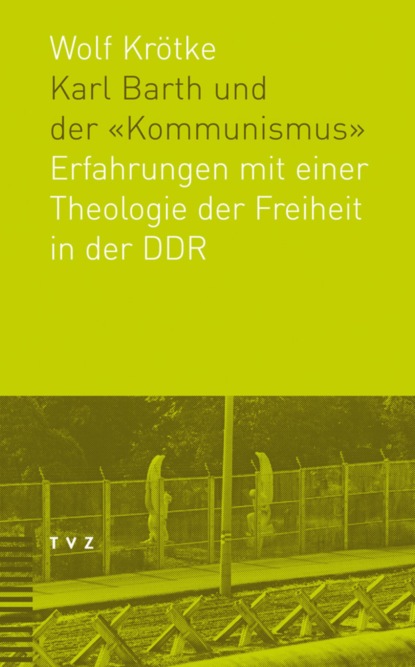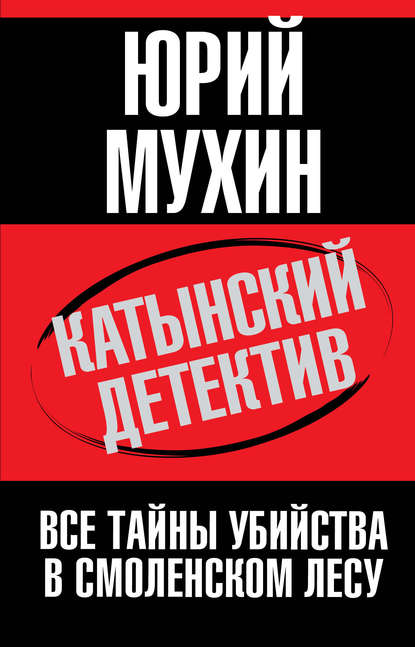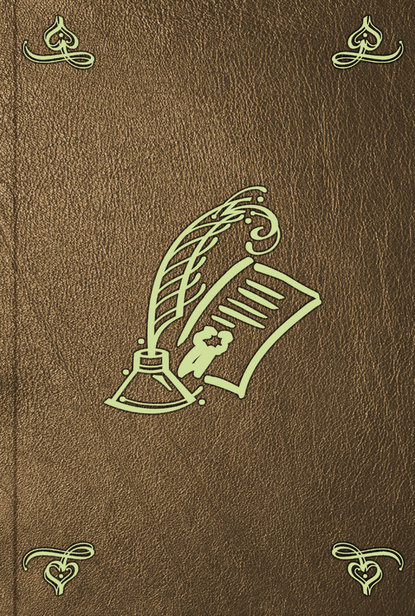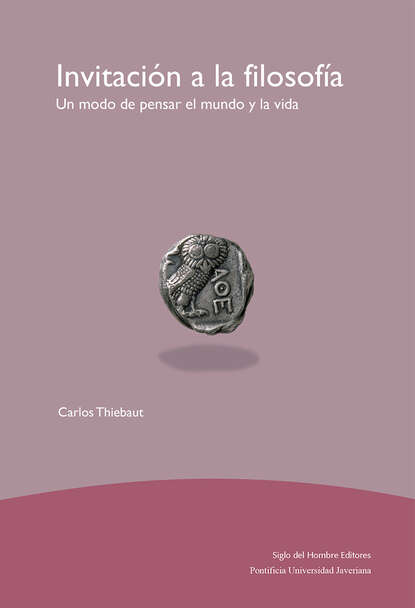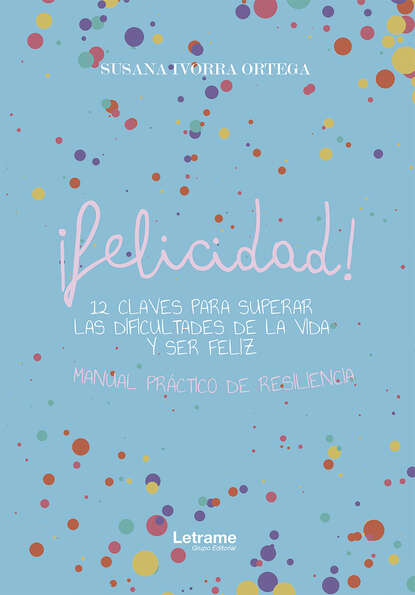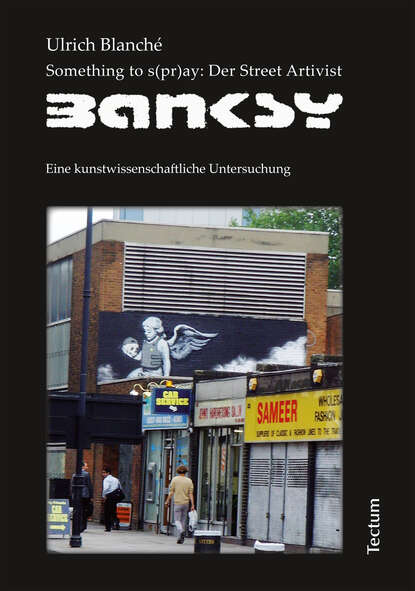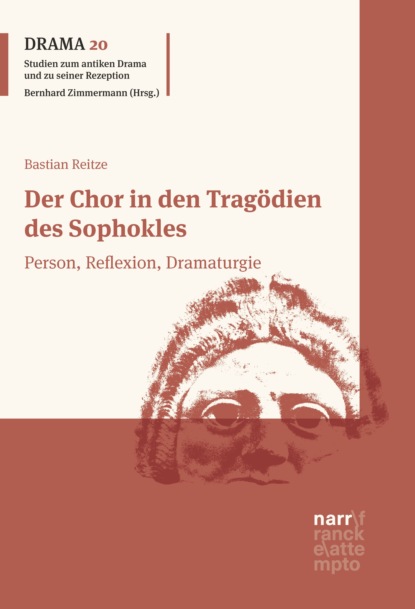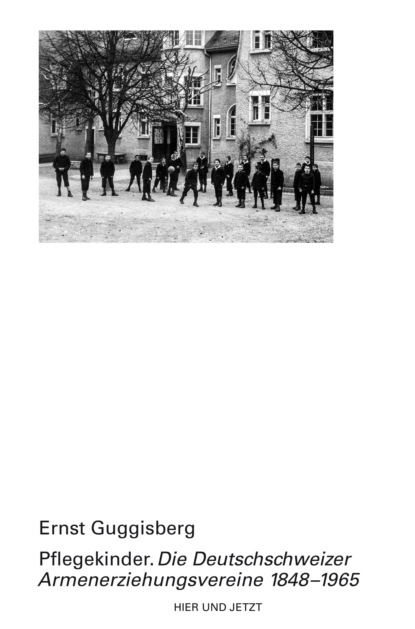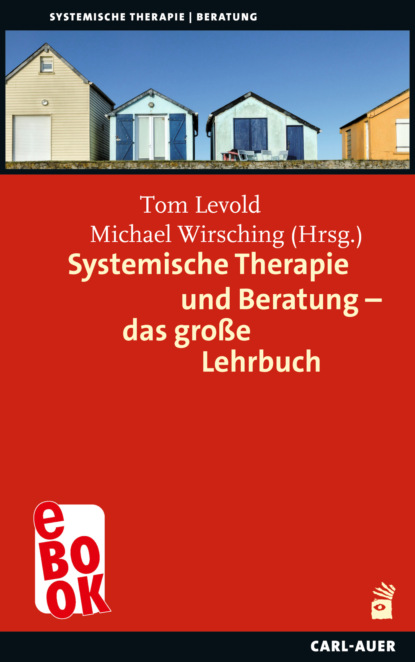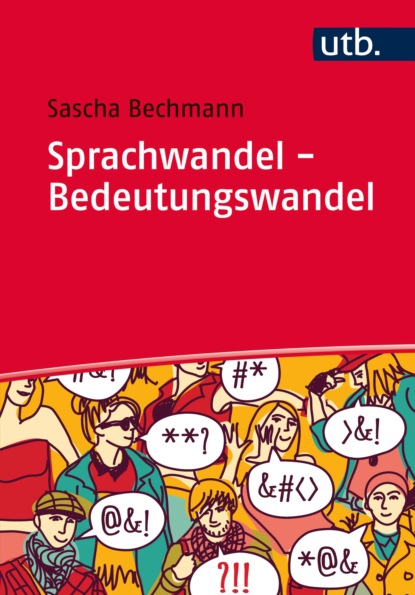"Karl Barth and the 'Communism' - Wolf Krötke's book highlights the power of Karl Barth's theological thought, evaluating its impact on society in the 20th century and late modern Germany. The book can be described as a practical guide to a difficult topic, providing clear explanations based on academic research, complemented by personal insights and analysis from a critical perspective. For Wolf Krötke, Carl Barth has been an influence in modern Christian theology and thought. He examines Carl Barth's development as well as his work and teachings, and examines their impact on the thinking and social movements of Germany and the world during the 20th century. Krötke also explores the ideas and influences of Karl Barth in the context of the opposition to the existing church system of late 19th and early 20 centuries. In particular, he focuses on Barth's reaction to the threat and crisis of communism in East Germany, its religious and spiritual implications for Germany, and how they shaped the contours of Barthian thinking and practice. Ultimately, Krötke argues that Barth's Church and Theology committed to this vision of freedom and tolerance in a dictatorship helped bring about the peaceful revolution in early Communist East German society which provided a unique case study of early Christianity influencing post-communist society and identity.
Электронная Книга «Karl Barth und der Kommunismus» написана автором Wolf Krötke в году.
Минимальный возраст читателя: 0
Язык: Немецкий
ISBN: 9783290177218
Описание книги от Wolf Krötke
Karl Barth beunruhigt auch über 40 Jahre nach seinem Tod noch die Gemüter in der Schweiz und in Deutschland. Dass er ein Theologe von grossem Format war, müssen ihm selbst seine entschiedenen Gegner zubilligen. Aber die üble Nachrede, ein «Kommunist» gewesen zu sein, hält sich standhaft. Wolf Krötke nimmt diese auch jüngst wieder erneuerte Nachrede zum Anlass darzustellen, wie die Theologie Karl Barths Kirche und Theologie in der DDR motiviert hat, freie Kirche und freie Theologie in einer Diktatur zu sein. Er begründet die Ansicht, dass Karl Barths Theologie zu den geistigen Voraussetzungen der «friedlichen Revolution» in der DDR gehört.
